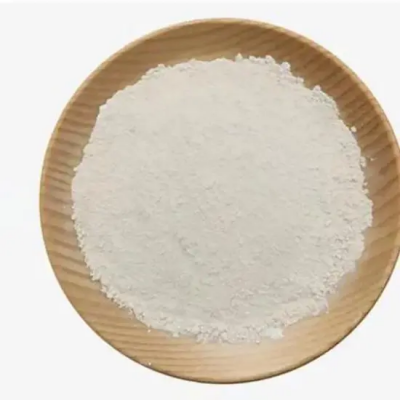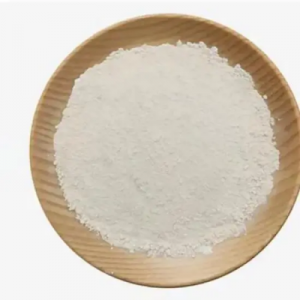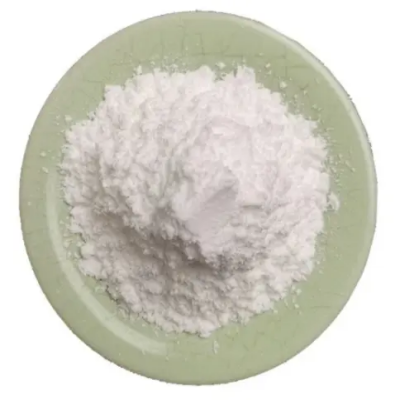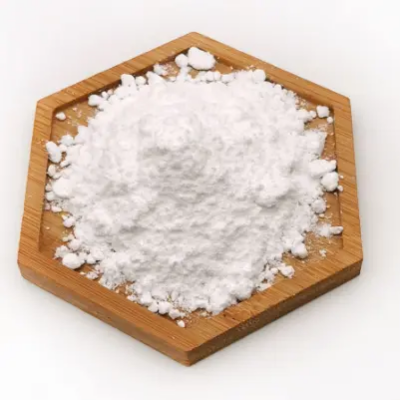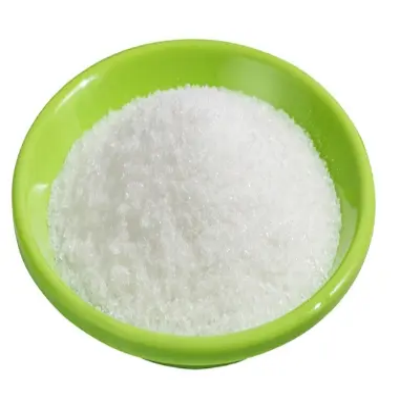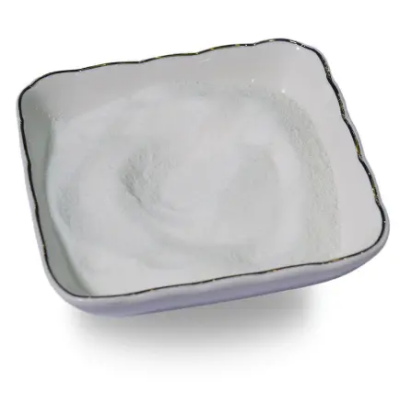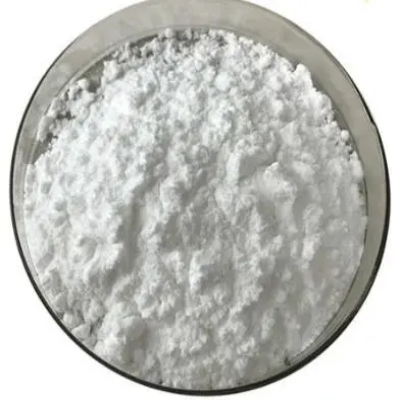Platinum dioxide CAS:1314-15-4
Platinum dioxide demonstrates significant utility across different domains, owing to its distinctive characteristics and reactivity. Catalysis: It serves as a catalyst in oxidation reactions, including the oxidation of carbon monoxide and hydrocarbons. Platinum dioxide catalysts find applications in automotive catalytic converters, industrial processes, and environmental remediation. Fuel Cells: Platinum dioxide is utilized as a catalyst in proton exchange membrane fuel cells (PEMFCs) for the oxygen reduction reaction (ORR). Its high catalytic activity and stability contribute to the efficiency and performance of fuel cell systems for power generation. Chemical Synthesis: The compound is employed in organic synthesis for the preparation of various organic compounds, including oxides, peroxides, and epoxides. Platinum dioxide-mediated reactions enable the selective oxidation of functional groups under mild conditions. Electrochemistry: It is utilized as an electrode material in electrochemical devices and processes, such as sensors, batteries, and supercapacitors. Platinum dioxide electrodes exhibit high conductivity and electrochemical stability, making them suitable for diverse applications. Catalytic Converters: Platinum dioxide is incorporated into catalytic converter systems in automobiles to reduce emissions of harmful pollutants, such as nitrogen oxides (NOx), carbon monoxide (CO), and hydrocarbons (HC). It facilitates the conversion of these pollutants into less harmful substances through catalytic oxidation and reduction reactions. Chemical Sensors: The compound is utilized in the fabrication of chemical sensors for detecting gases and volatile organic compounds (VOCs). Platinum dioxide-based sensors offer high sensitivity and selectivity, making them valuable for environmental monitoring and industrial safety applications. Biomedical Applications: Platinum dioxide nanoparticles are investigated for their potential in biomedical applications, including drug delivery, imaging, and cancer therapy. Research focuses on utilizing their unique properties for targeted drug delivery and photothermal therapy of tumors. Environmental Remediation: Platinum dioxide-based catalysts are employed in environmental remediation processes, such as wastewater treatment and air purification. They facilitate the degradation of organic pollutants and toxic compounds through catalytic oxidation reactions. In summary, platinum dioxide is a versatile compound with applications in catalysis, fuel cells, chemical synthesis, electrochemistry, automotive technology, sensors, biomedicine, and environmental remediation. Its diverse properties make it a valuable material for addressing challenges in energy, environment, and healthcare.
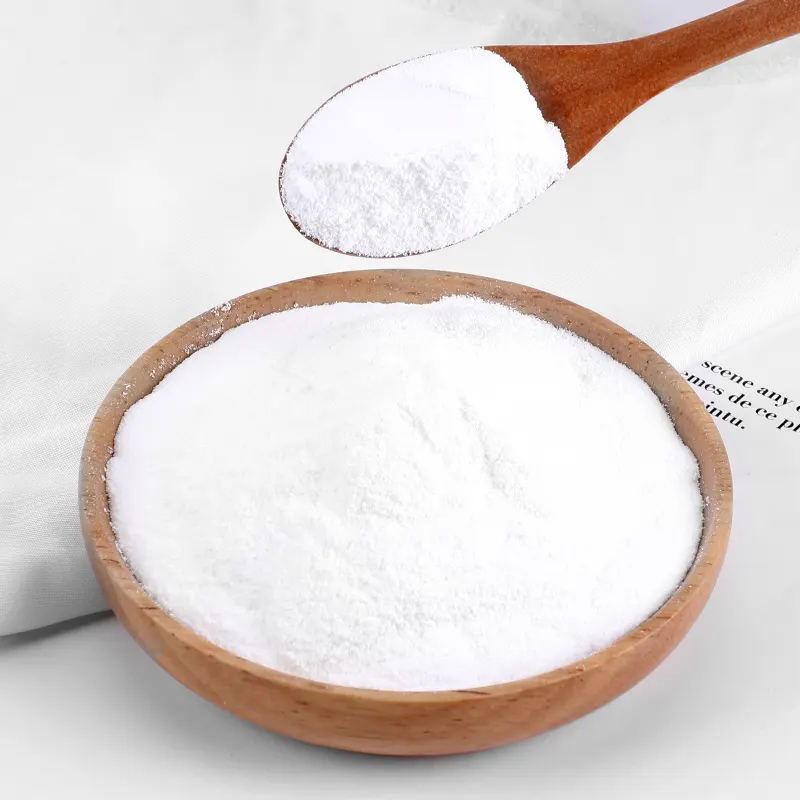
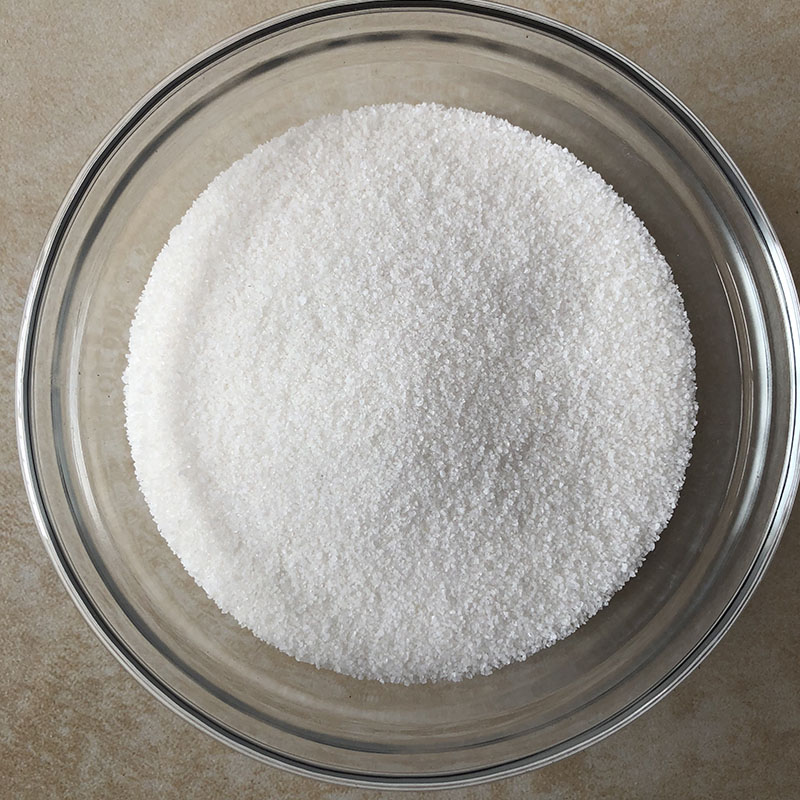
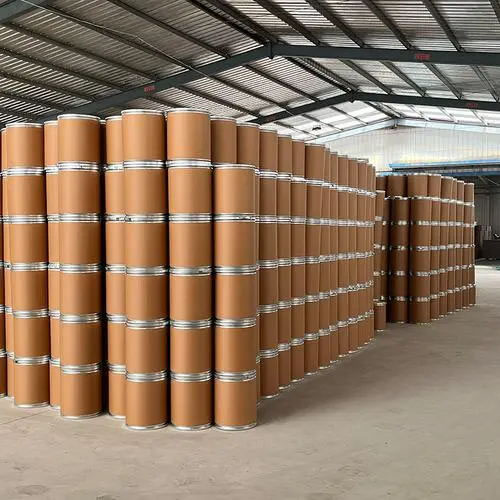
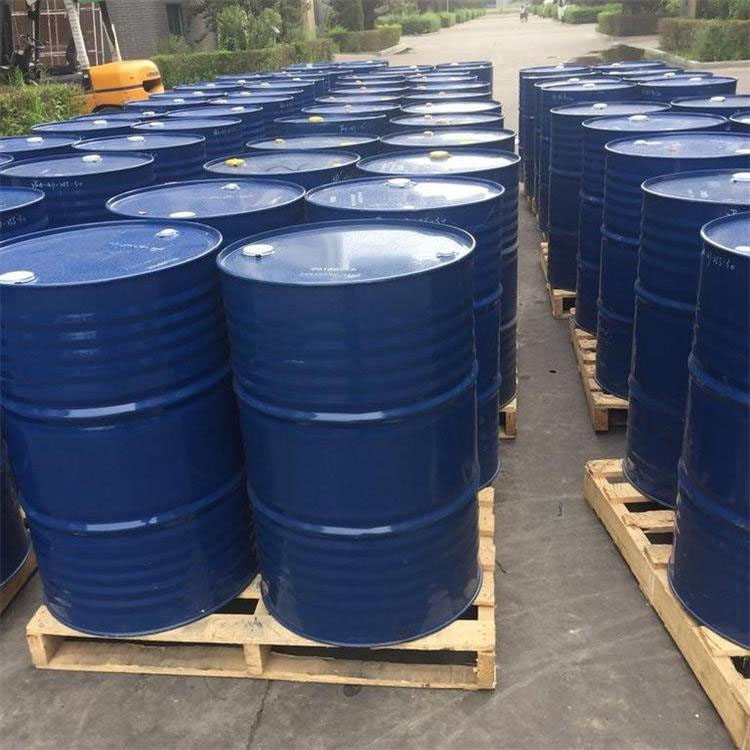


| Composition | PtO2 |
| Assay | 99% |
| Appearance | white powder |
| CAS No. | 1314-15-4 |
| Packing | Small and bulk |
| Shelf Life | 2 years |
| Storage | Store in cool and dry area |
| Certification | ISO. |


